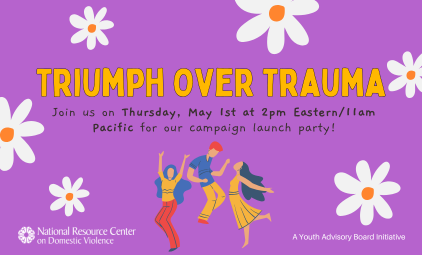This document explores the economic needs of battered women as identified by nine Iowa-based focus groups, five composed of battered women and four of domestic violence advocates.
Focus groups with battered women identified their main economic concerns as: health care, childcare, the impact of the batterer in influencing their economic plans, the lack of livable wage jobs, child support, housing and rental deposits, and transportation. In addition to the issues raised by battered women, domestic violence advocates also identified legal fees, utility deposits, clothing, job training, education, therapy costs, food, issues for undocumented women, relocation costs, debt and poor credit, safety costs (such as alarm systems, locks, reinforced doors), and strict eligibility requirements for economic assistance programs as other concerns.
The paper provides recommendations for improving economic advocacy within local domestic violence programs and state coalitions including that these organizations: seek battered women's input and prioritize their economic concerns; strengthen collaborations with anti-poverty, housing and job training agencies; develop tools for carrying out economic advocacy; and establish training programs and fundraising initiatives.
This policy and practice paper is number 16 in the Building Comprehensive Solutions to Domestic Violence (BCSDV) Initiative series. BCSDV is a collaboration of the National Resource Center on Domestic Violence, University of Iowa School of Social Work, and Greater Hartford Legal Assistance.














